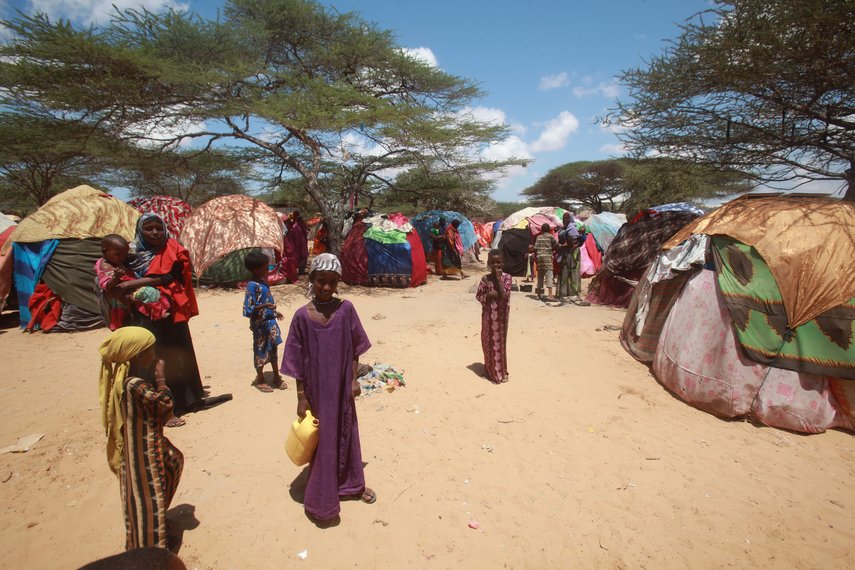As violent conflicts and displacement increase worldwide and humanitarian crises become more complex, Diakonie Katastrophenhilfe and its partners are focusing on more durable, community-led responses along the humanitarian-development-peace (triple) nexus.
A rise in full-scale wars and other forms of armed conflict has led to unprecedented displacement across the world. By the end of 2022, more than 108 million people had been forcibly displaced or were stateless (UNHCR 2023). Correspondingly, but also due to an increase in climate-related disasters, as well as rising poverty and food insecurity levels (particularly since the start of the COVID-19 pandemic), global humanitarian needs are soaring. According to UNOCHA, a record 339 million people are currently in need, but many humanitarian appeals are severely underfunded. Violent conflicts not only cause or worsen humanitarian needs, but they can also be exacerbated as climate hazards and growing inequality put more pressure on communities.


